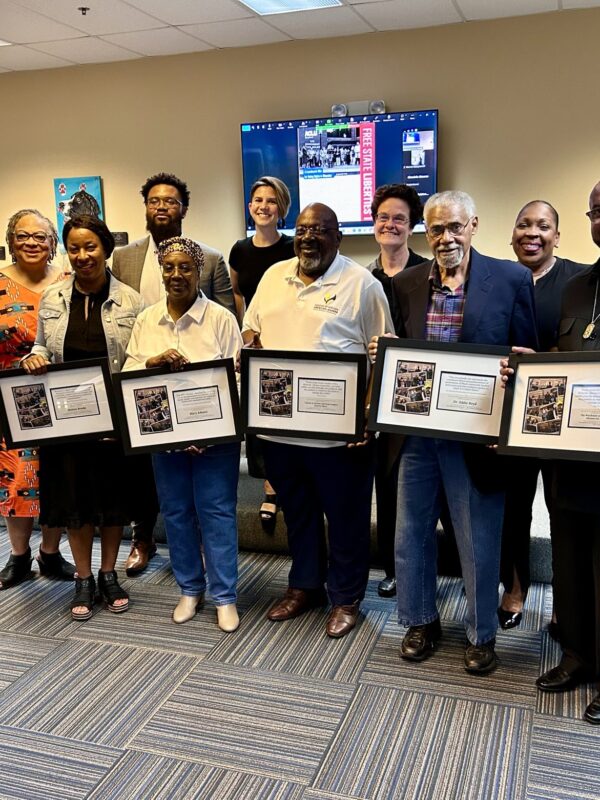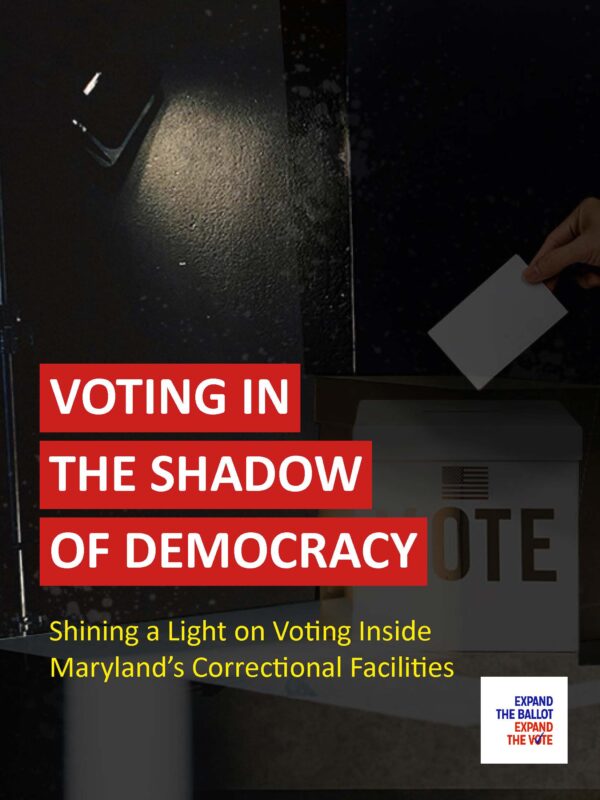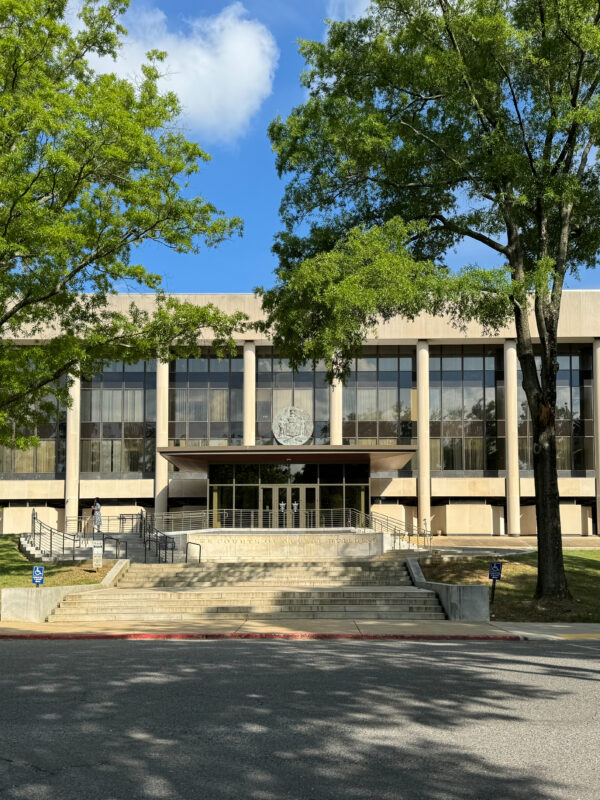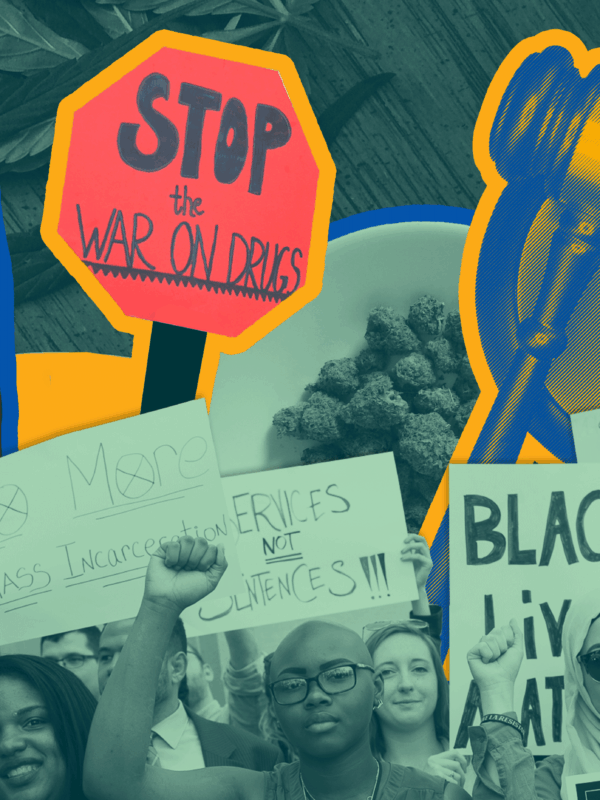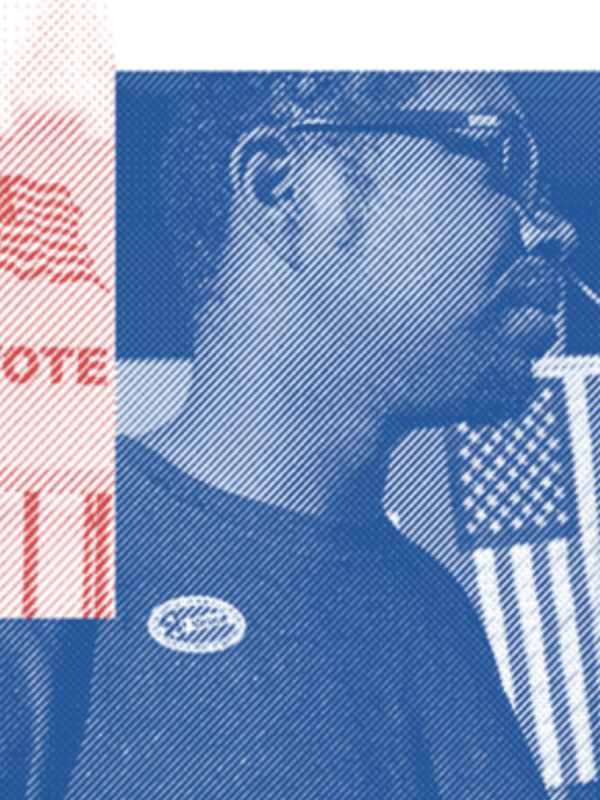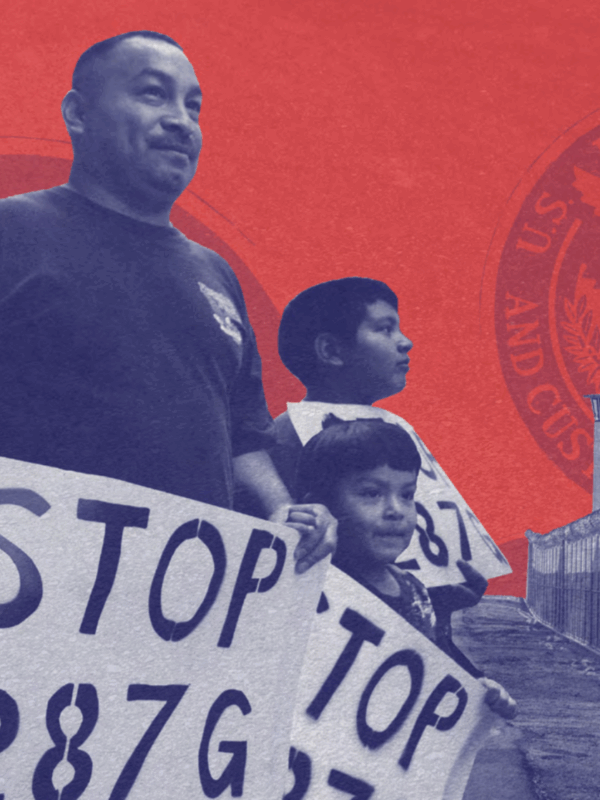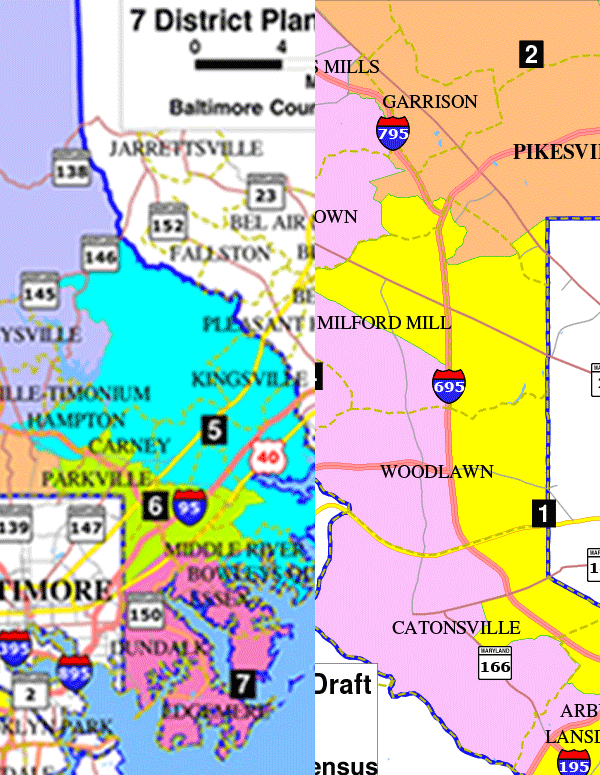All Report Publications
Oct 15, 2025
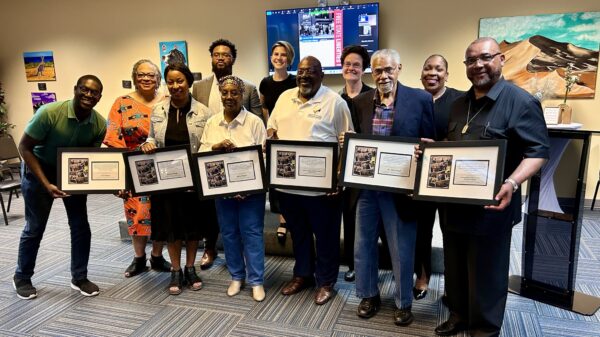
Legal Docket 2024-2025
In the Legal Docket report, we take you through our recent and ongoing work in the courts, categorized by strategic priority, and highlight some of our memorable legal efforts.
Nov 19, 2024
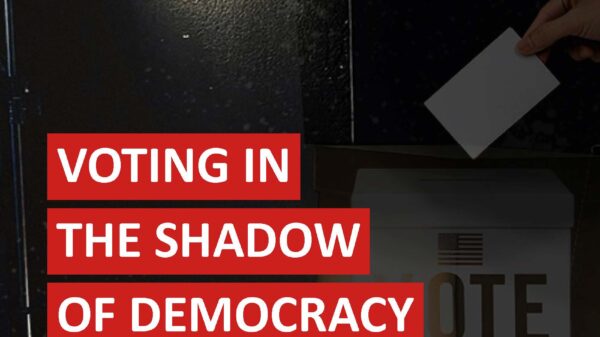
Voting in the Shadow of Democracy
Shining a Light on Voting Inside Maryland’s Correctional Facilities
Oct 8, 2024
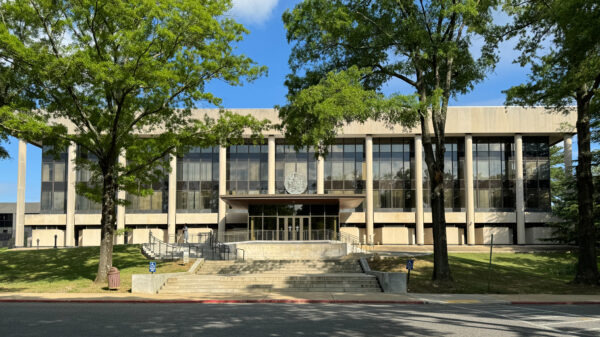
Legal Docket (2023-2024)
In the Legal Docket report, we walk you through our recent and ongoing work in the courts, categorized by strategic priority, highlighting some of our memorable legal efforts.
Aug 18, 2023
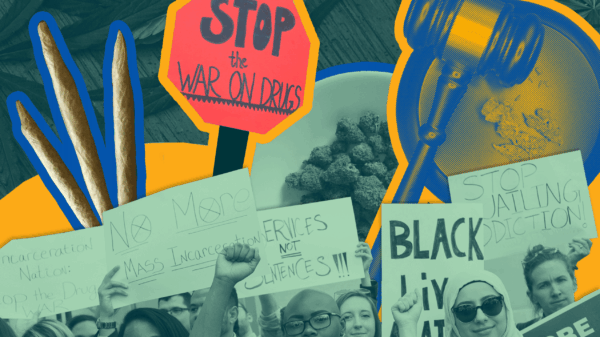
Cannabis Advocacy Toolkit
This toolkit is a conceptual resource for community advocates in Maryland who are working to ensure that racial justice is centered as cannabis (marijuana) is legalized and tax dollars are distributed from the newly legal cannabis market.
Feb 17, 2023
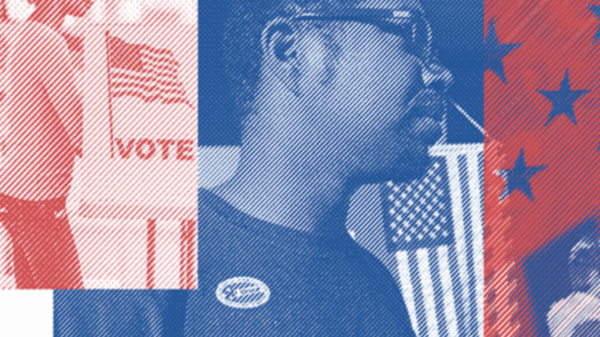
ACLU of Maryland 2022 Election Protection Report
Following the 2020 Presidential Election – in the midst of a global pandemic, decennial redistricting, increased mobilization of white supremacists, and threats to democracy, civil rights and civil liberties – many Marylanders exercised their right to vote in the 2022 Midterm Election.
Apr 27, 2022
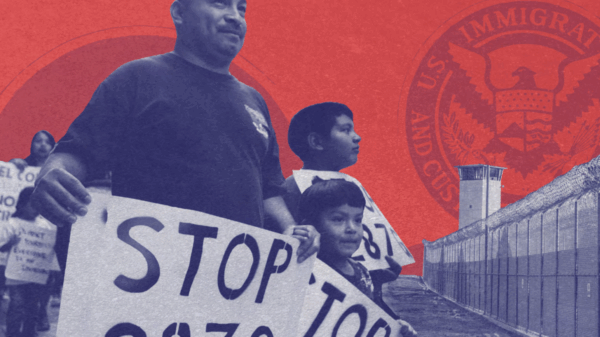
License to Abuse: How ICE’s 287(g) Program Empowers Racist Sheriffs
This ACLU research report, License to Abuse: How ICE’s 287(g) Program Empowers Racist Sheriffs and Civil Rights Violations, examines the records of sheriff offices and other law enforcement agencies that participate in Immigration and Customs Enforcement's (ICE) 287(g) program.
Oct 22, 2021
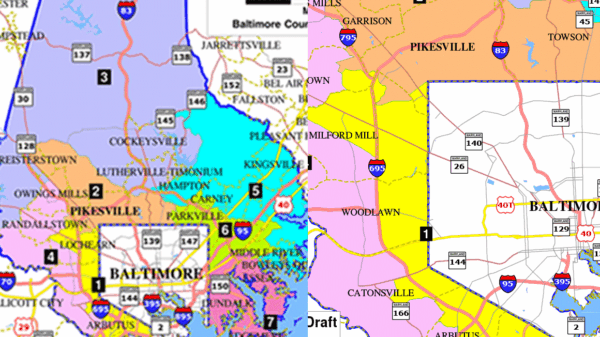
Redistricting, Recovery, and Rights (Policy Brief)
Establishing fair voting districts will aid in pandemic recovery and build a foundation for voting rights expansion in Maryland.
Stay Informed
Sign up to be the first to hear about how to take action.
By completing this form, I agree to receive occasional emails per the terms of the ACLU’s privacy statement.
By completing this form, I agree to receive occasional emails per the terms of the ACLU’s privacy statement.

